Tesco has finally offloaded its South Korean Homeplus business for £4.2bn after much speculation. Here is what the analysts say.
“Tesco management has repeatedly stated that it would not enter into a firesale of assets in order to resolve its balance-sheet issues. However, we think Homeplus was one of Tesco’s best overseas assets and that the timing of the sale is sub-optimal.
“Tesco’s sale of Homeplus for an effective enterprise value of c.$6.4bn represents c.80% of 2015 sales and nine times its 2015 EBITDA.
“Homeplus’s EBITDA margin reduced last year to 8.7% from 13.3% in the prior year and, while market conditions will undoubtedly remain tough, we think the business has the potential to bounce back from legislation-driven weakness as the business adjusts to the changed environment.
“This is likely the biggest disposal that Tesco will do and it still doesn’t make a significant hole in its debt burden.
“After tax and costs and taking into consideration reduced lease commitments, the net reduction in debt will be c.£4.2bn – helpful but not big enough to resolve Tesco’s debt problems.” James Collins, analyst at Stifel
–
“Not surprisingly, Tesco admits that the deal will be dilutive to EPS, even though trading has weakened a lot of late (‘underlying’ operating profit halved in y/e Feb to £281m, partly due to lower property profits), but the main aim is obviously to reduce the debt mountain and avoid a rights issue.
“Interestingly, however, Tesco says the disposal will also give it the financial flexibility to buy some UK store freeholds.” Nick Bubb, independent analyst
–
“The only surprise is the sales price, which was £4.2bn, so £300m beyond what the FT was reporting ($6bn) and £600m beyond what we had in our SOTP.
“This strengthening of the balance sheet will take some pressure off the sale of Dunnhumby and should allay the fears that Tesco will need to do a rights issue to secure its balance sheet: Tesco now has £5bn of undrawn liquidity lines, £3.5bn additional cash, and is not burning any cash in aggregate right now.
“Homeplus is a sensible asset to sell: there is no Tesco brand name, it needs investment and the Sunday closures law is an issue. Tesco has come under pressure in Korea, through enforced Sunday closures and shorter opening hours. Unlike in the UK, where these are based on the size of the store, in Korea they are based on the size of the company. Tesco, as the biggest international company competing in Korea, suffers the most therefore. A new owner, especially one backed by the National Pension Service, might suffer less from this political pressure.
“The numbers released today indicate that Thailand is the more profitable part of the business. There is also more opportunity for space-led growth in Thailand, further indicating Korea was the better asset to sell.” Bruno Monteyne, analyst at Bernstein




















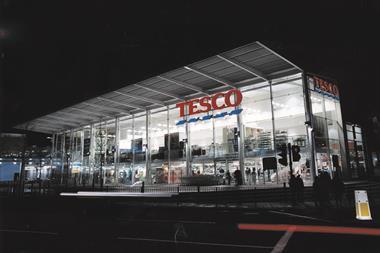
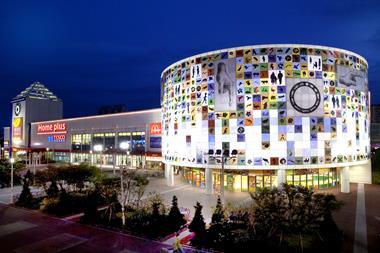
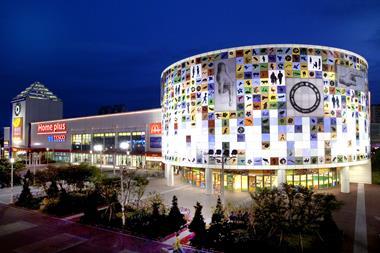
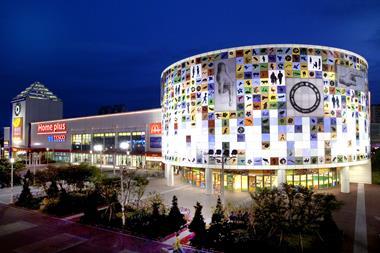
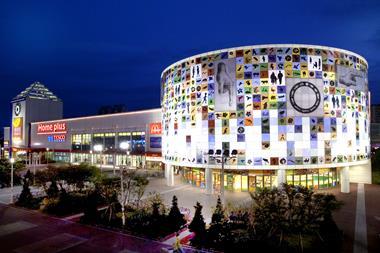
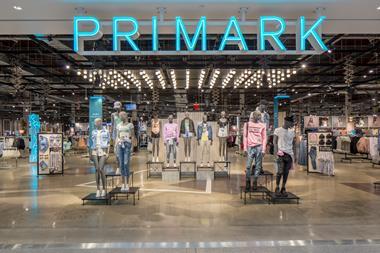
No comments yet